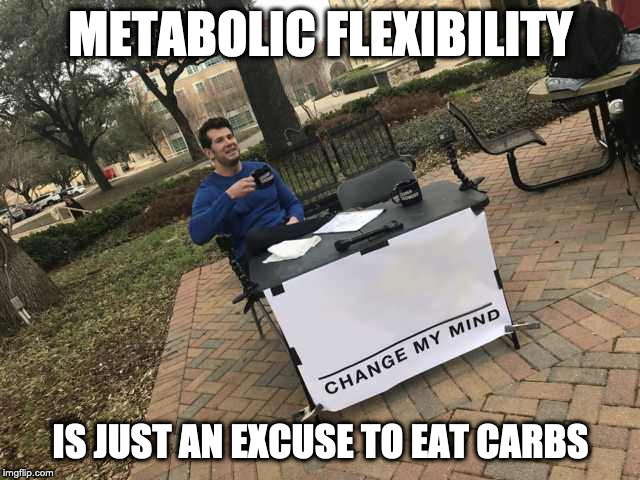Hi Amber,
I don’t think you’re missing anything. The point of this study was to determine whether the same impaired glucose tolerance shown in previous studies would be replicated in athletic subjects, which it was.
One issue, I believe at stake, is whether long-term KD causes down regulation of insulin signalling mechanisms. Whereas, the metabolic flexibility argument revolves around the ability to transiently exit ketosis without the exaggerated insulin secretions, as shown in this study. Clearly, this is not well studied. The alternative, as Tim Noakes said, is just to remain low carb ad infinitum.






